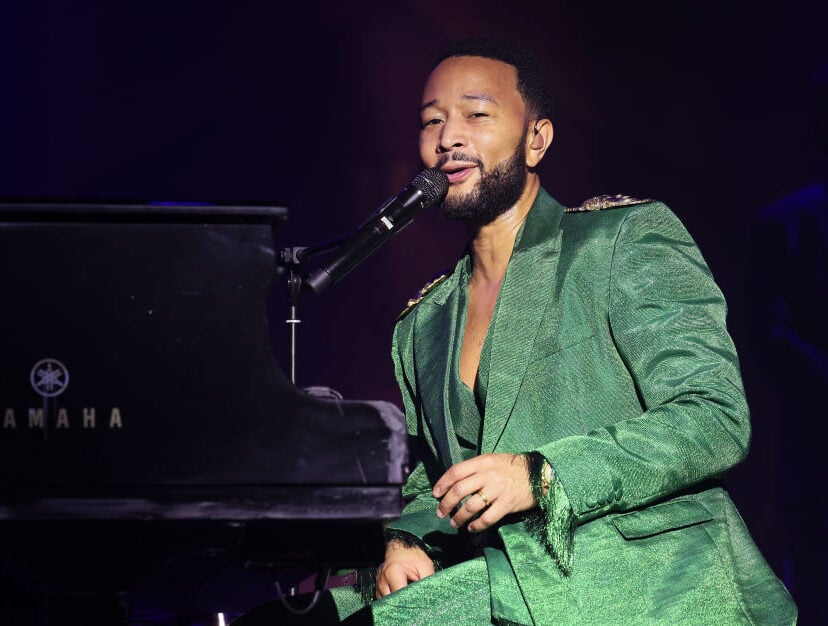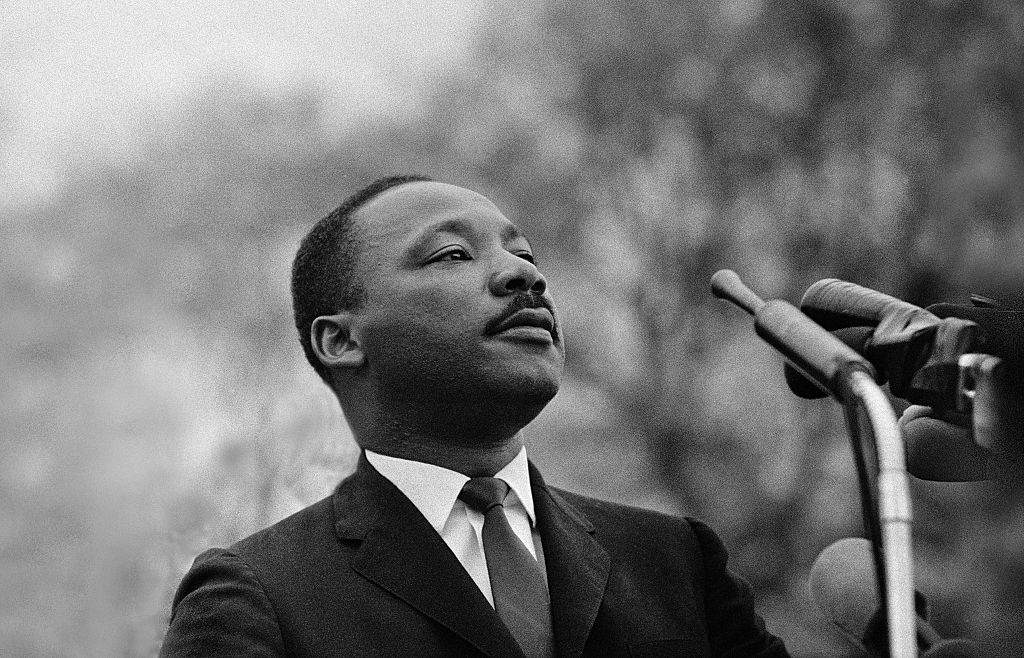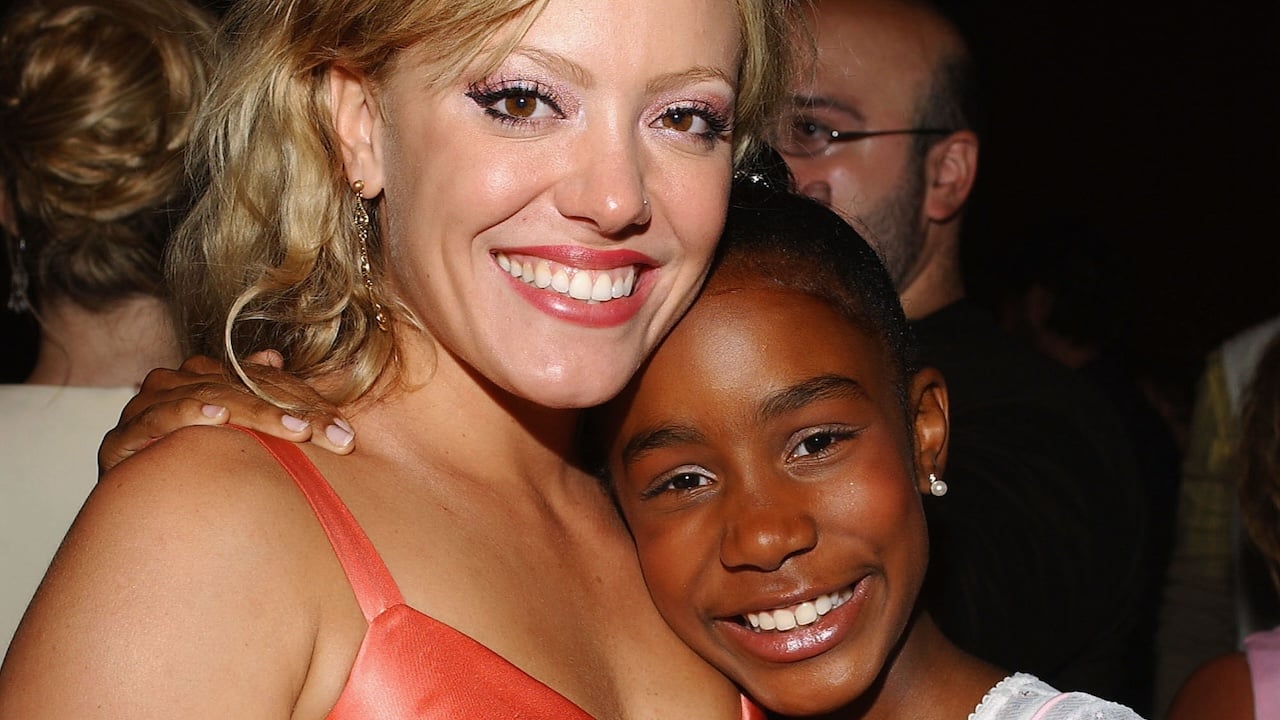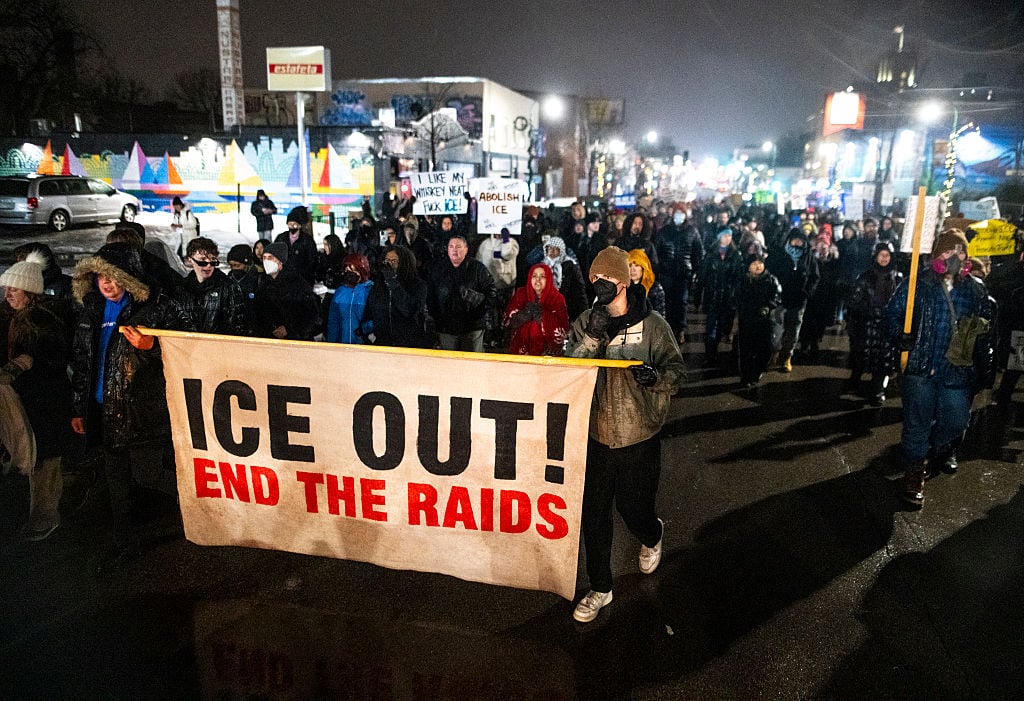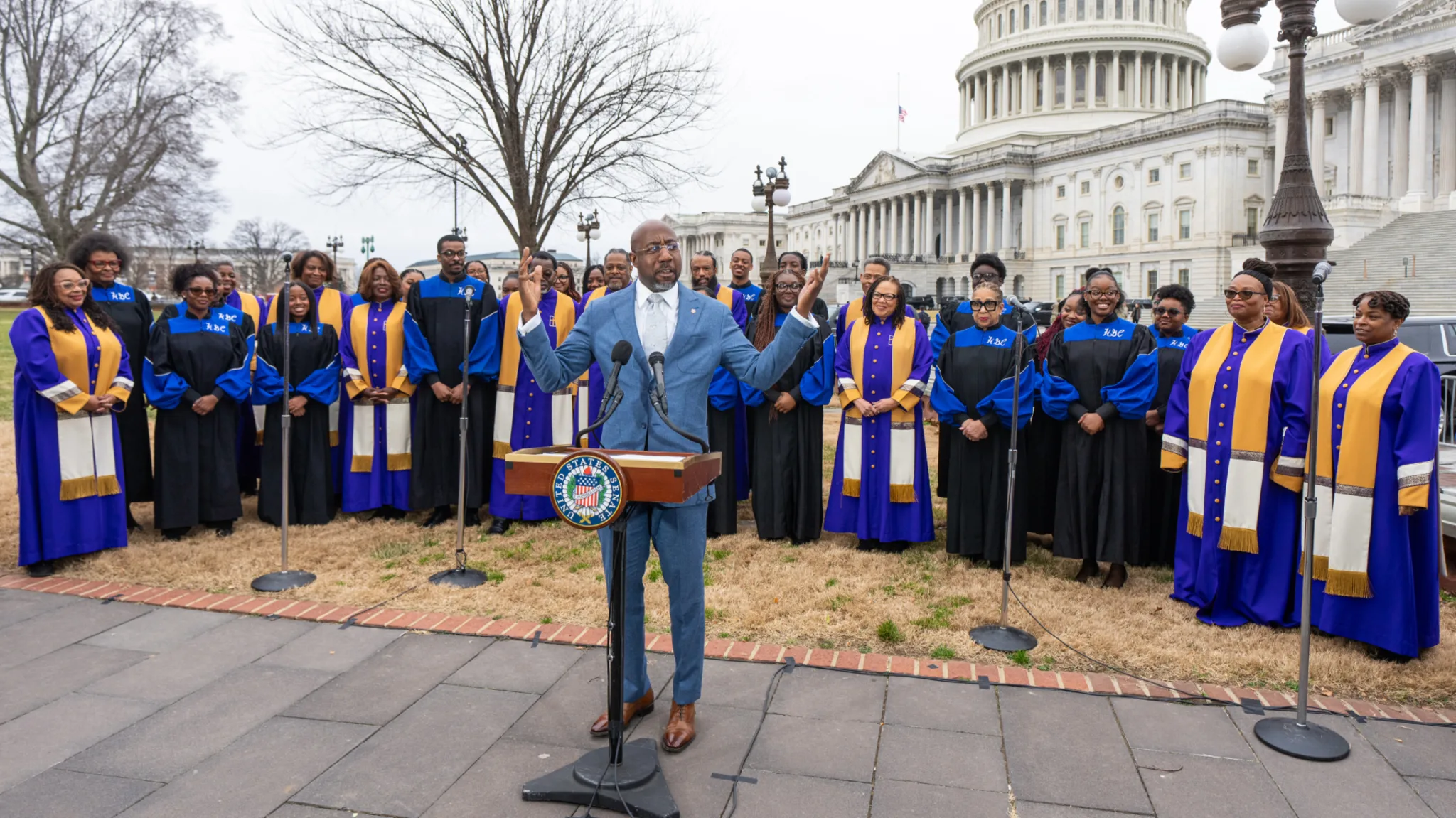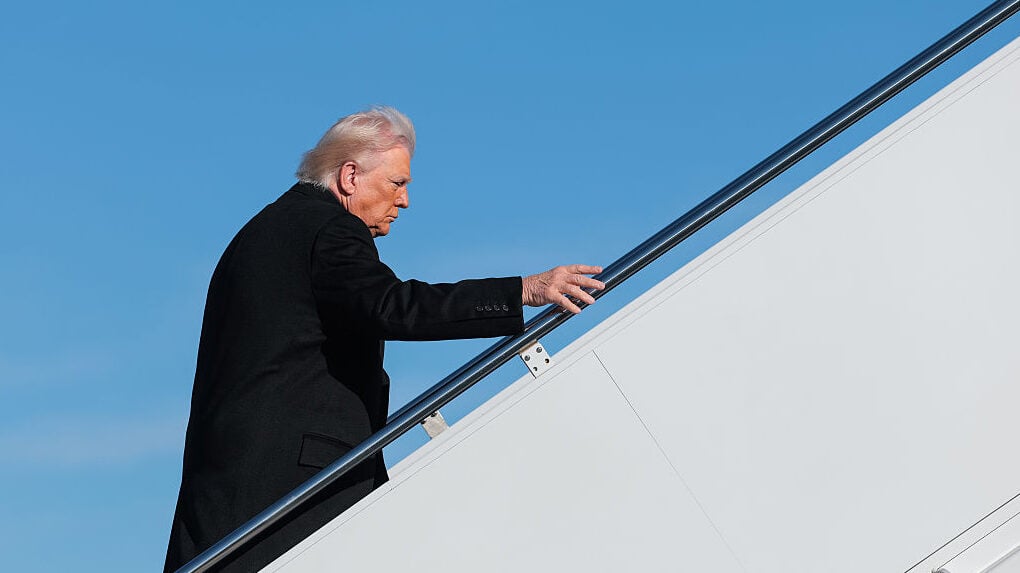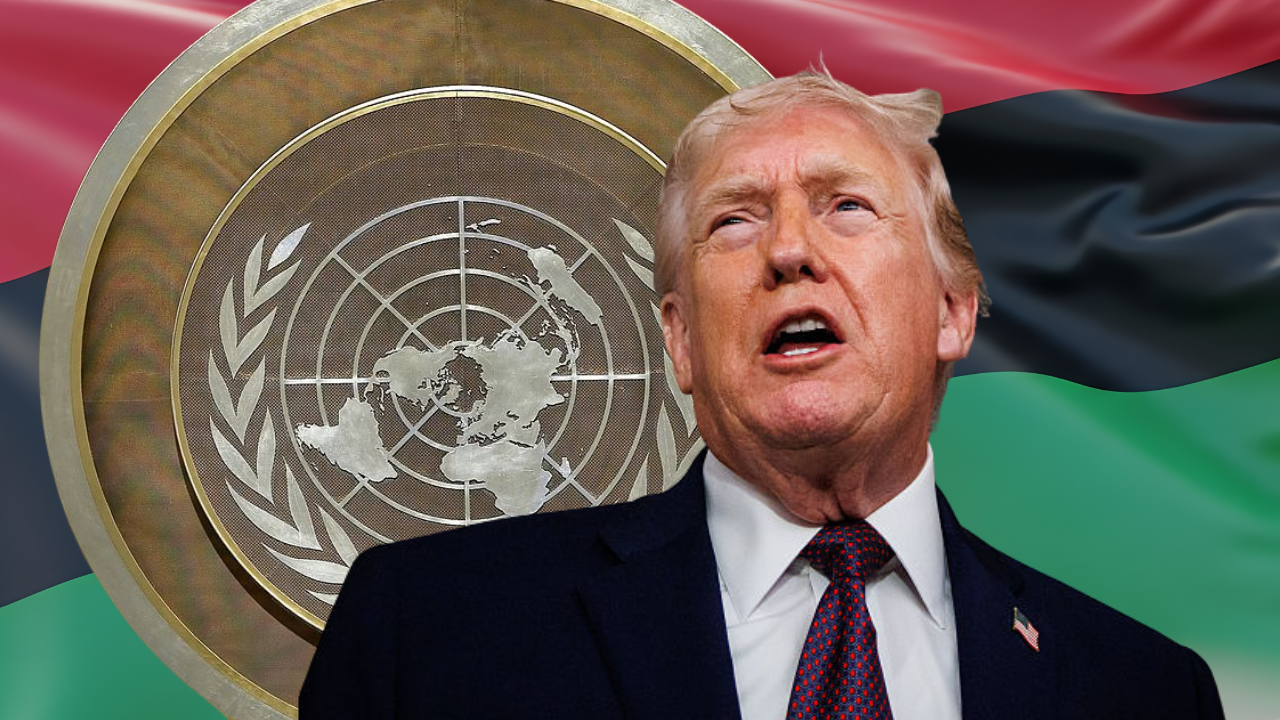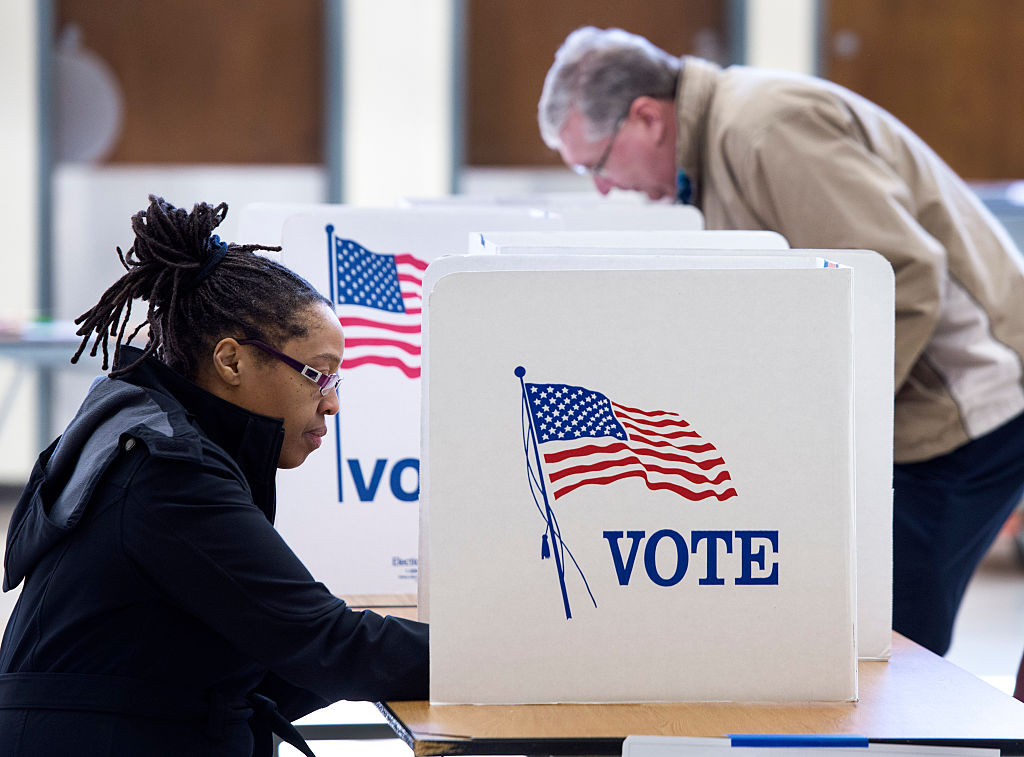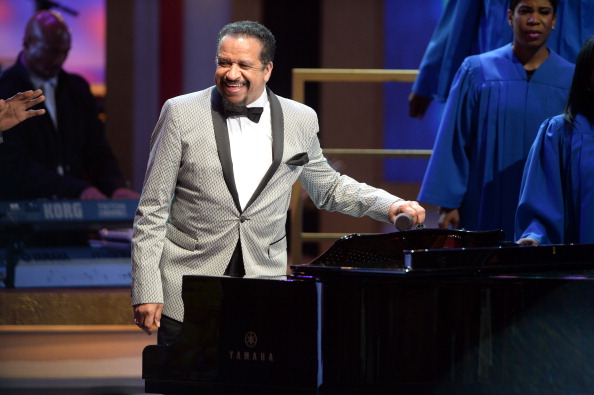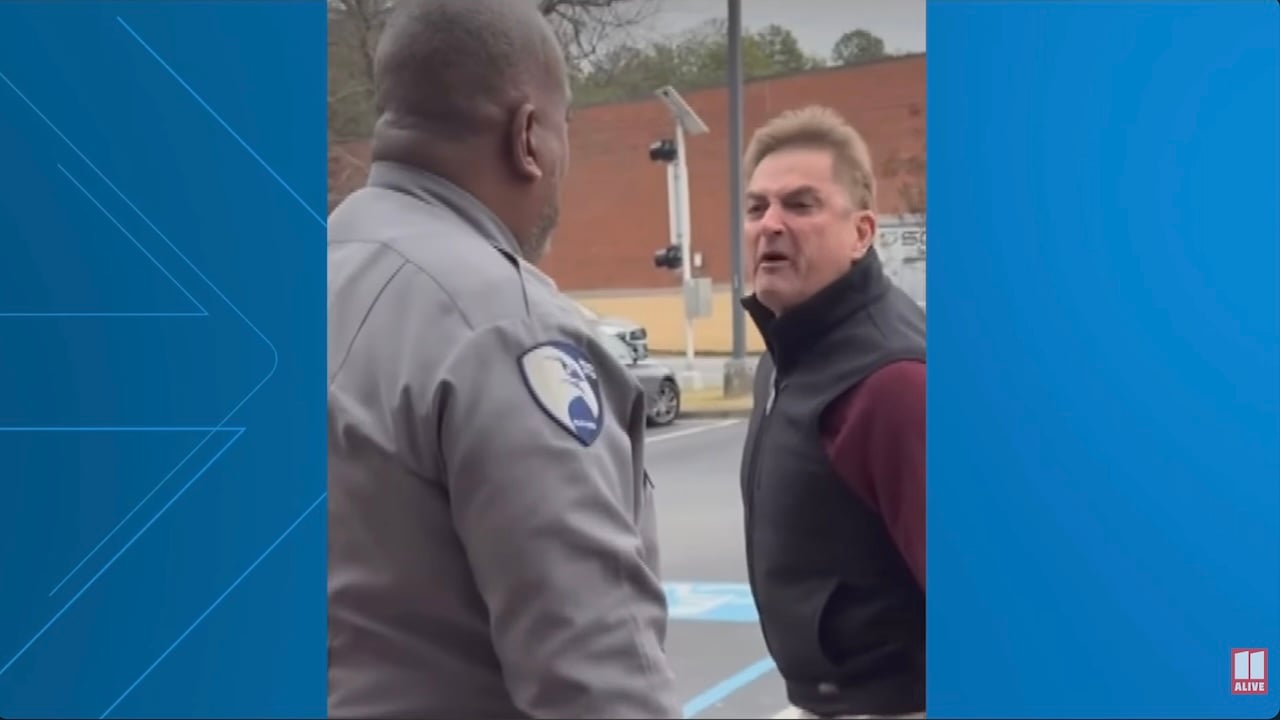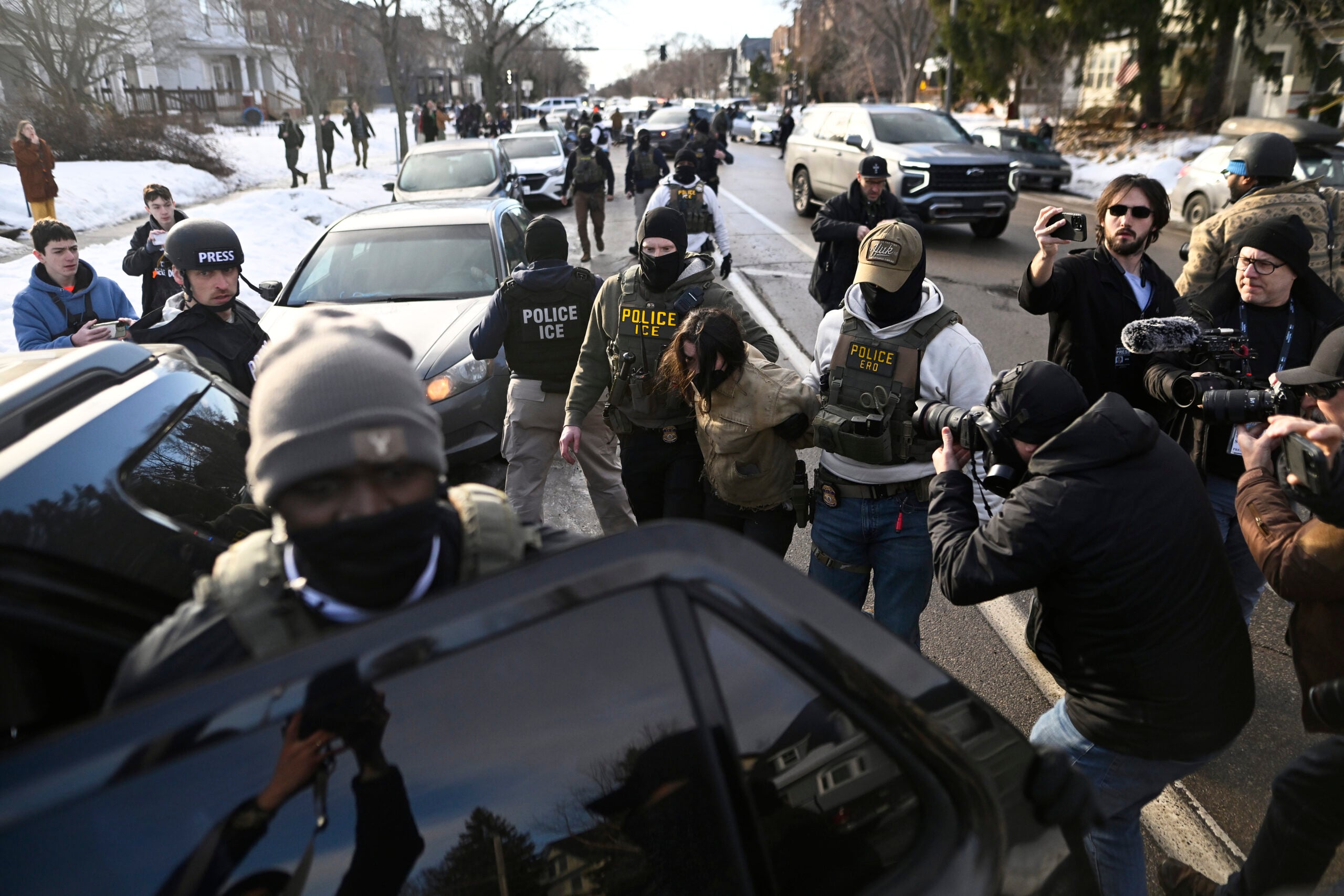‘We Just Want Answers’: Howard’s Leadership Shakeup Deepens Student Anxieties Amid National Attacks On Higher Ed
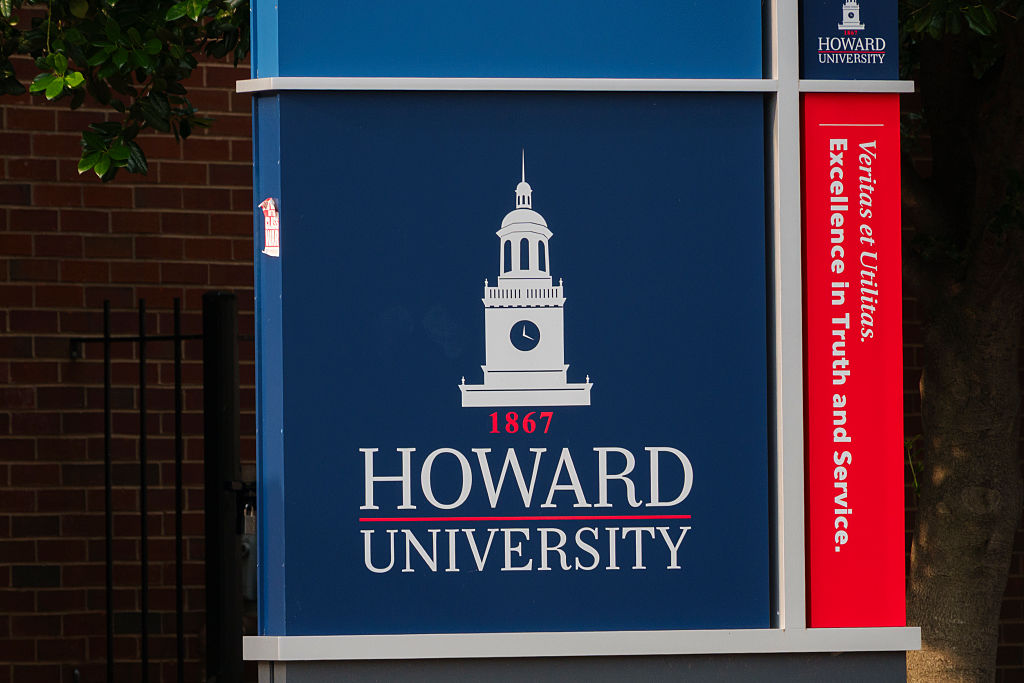
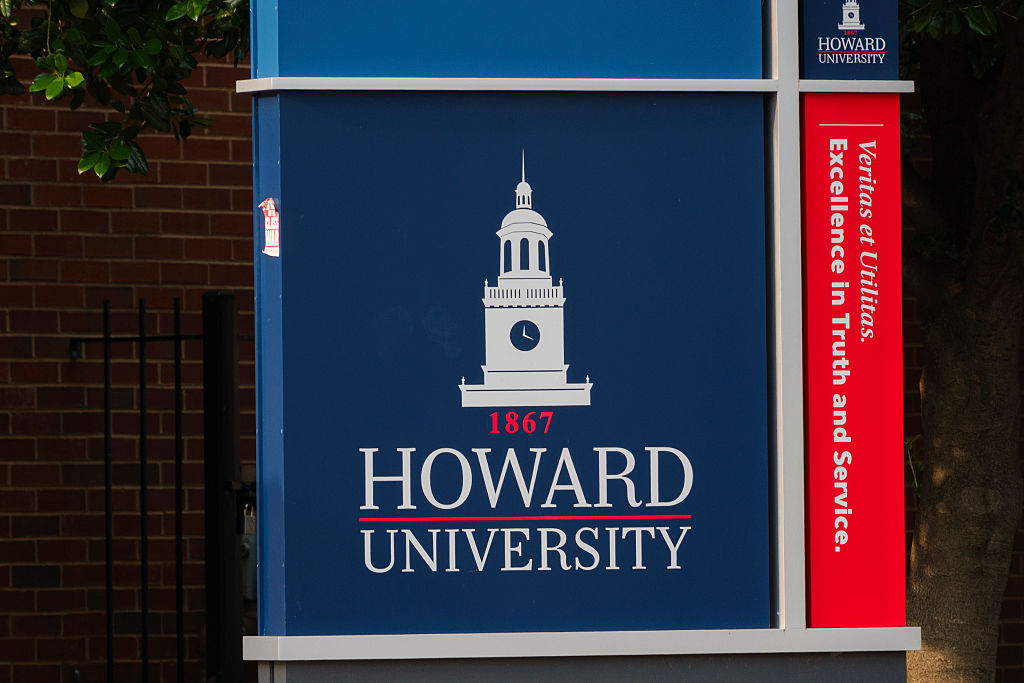
Howard University students say they are shocked and frustrated after the sudden resignation of President Ben Vinson III, who stepped down less than three years into his tenure–one of the shortest in the school’s history.
With no clear reason offered by the administration, students and faculty are left to speculate, even as colleges nationwide grapple with the rollback of diversity, equity, and inclusion programs, the dismantling of the Department of Education, sweeping federal cutbacks, caps on student loans, and disruption to student aid that threaten the stability of flagship HBCUs.
Vinson’s resignation comes at a paradoxical moment: Howard earned coveted Research 1 status this year, a milestone that elevated its standing among the nation’s top research universities. It has also been turning away record numbers of applicants, even as students face tuition crises, housing shortages, and confusion about leadership. That tension is part of this story. Howard is an institution at the height of its prestige but still vulnerable.
This story is not just about one man leaving his post; it’s about how students at a leading HBCU interpret leadership changes in a moment of political hostility, financial uncertainty, and institutional transformation while Washington, D.C., itself is being militarized under Trump’s crackdown. The pressures bearing down on Howard reflect a larger battle over the future of Black education, democracy, and freedom in America.
For many students, Vinson’s abrupt departure only deepens anxieties about whether the university can weather both its internal struggles and external political pressures. On campus, students are already grappling with outstanding tuition balances and flooding social media with GoFundMe links as they scramble for solutions. For students who interacted with Vinson, the news felt personal.
Jayda Roach, a senior health science major, said she was shocked to see him step down so quickly.
“I definitely would’ve expected to see him in the position for a lot longer,” she said. “He was very personable with the students.”
Moriah Morrow, a senior from St. Louis, Missouri, echoed that sentiment, describing her reaction as “disbelief.”
“He seemed like somebody who cared about the students. He always had a smile on his face. He was always willing to interact with us,” she said. “For somebody who was here for such a short period of time and seemed like they genuinely cared, to be resigning is disappointing.”
Morrow also voiced frustration at the return of former president Wayne A.I. Frederick, who will serve in an interim capacity until a national search identifies Howard’s next leader.
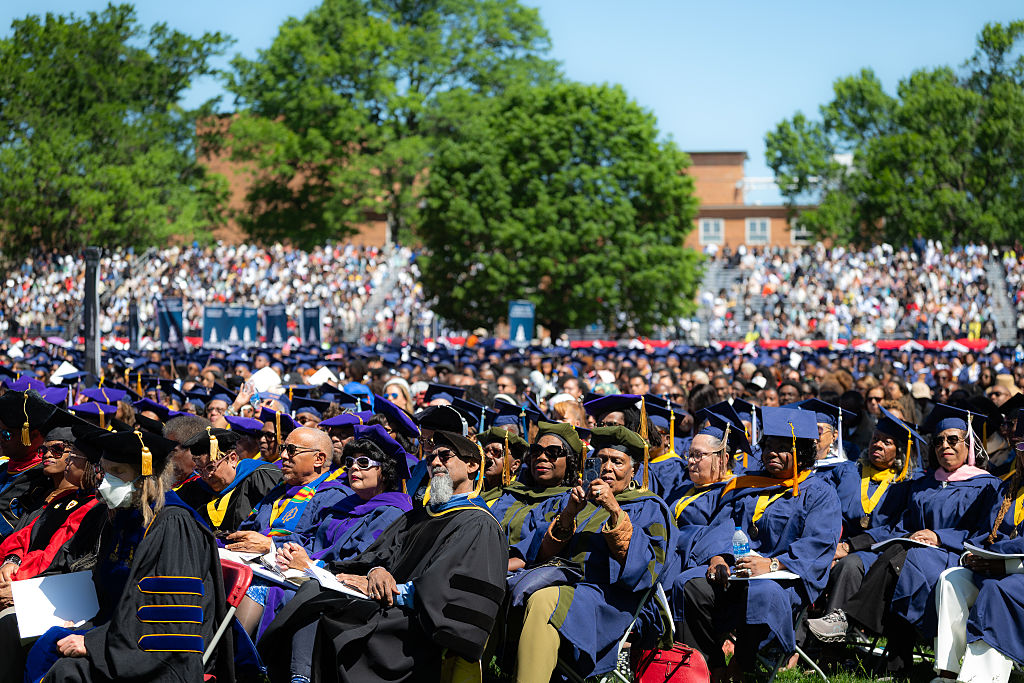
“The interactions that I had with him were not as nice as the ones that I had with President Vinson,” she said. “He didn’t really speak or interact with the student body… I don’t really have a good perception of him as president, and I wasn’t happy or proud to hear that he was coming back.”
To be fair, during his prior tenure, Frederick did meet with student leaders and negotiate directly with protesters, standing alongside them to announce a 2018 sit-in settlement, meeting with organizers and scheduling follow-ups during the 2021 Blackburn takeover, and publicly addressing housing concerns in his State of the University remarks.
The student response to Vinson’s resignation has not been uniform. While some describe Vinson as warm and personable, others say they rarely or never saw him and never gained a clear sense of his vision for the university. For those students, his resignation did not come as a shock so much as a reminder of how distant the president’s office can feel from everyday campus life. The mix of reactions underscores a broader reality: for many at Howard, the significance of his departure is less about the man himself and more about the uncertainty it creates at a time when students already feel weighed down by tuition crises, housing shortages, and political headwinds against HBCUs and higher ed more broadly.
Frederick, who led the university from 2014 to 2023, was tapped by the board of trustees to return as interim president starting Sept. 1. But for some students, his reappointment only underscores long-standing frustrations with Howard’s unresolved problems. “We’re still dealing with the over 1,000 students that had a balance on their student account,” Morrow said. “Howard needs to clean house… the next president’s focus should be on preventing this constant cycle of news and outrage and disappointment.”
The Board of Trustees has tried to reassure the campus. Chair Leslie D. Hale addressed the Howard community in a video message following the announcement, acknowledging concerns about student accounts and housing assignments. “We have a dedicated team of leaders in the university’s administration and on the faculty who are working hard to address those problems so that we can make this year one of the best years ever for Howard,” she said.
But despite this assurance, some students remain skeptical, particularly about the lack of information surrounding Vinson’s resignation. “I think this was planned, either to push out Vinson or put the blame on him,” said junior Shanaelle Charleus.
“I just want to know why,” added Marcus Fields, a senior in the School of Education.
While students speculated about what prompted his exit, Vinson struck a different tone in his resignation letter shared by HU Communications. He highlighted accomplishments in areas like AI, data science, and global engagement, and emphasized his ongoing commitment to student success.
“My foremost priority has always been the well-being and success of this community, and I remain committed to ensuring a smooth and constructive transition,” he wrote.
But for many on campus, his words did little to quiet the unease. Students said the letter only deepened their curiosity, and in some cases, frustration about what really drove the change at the top.
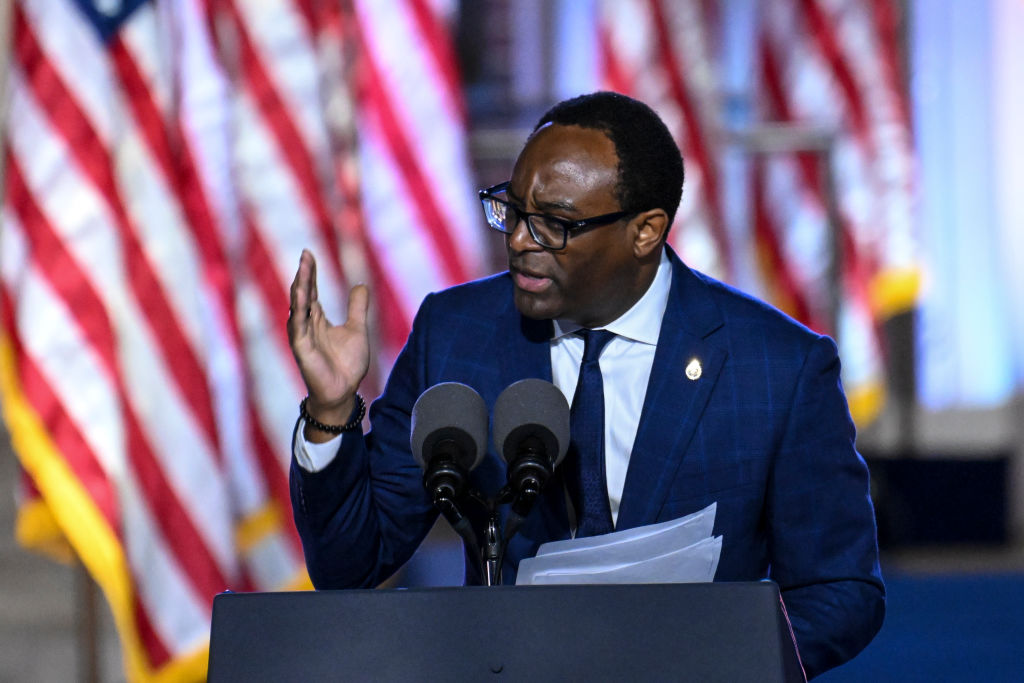
When students aren’t given context about the political and financial pressures bearing down on HBCUs, speculation rushes in, and what might be a systemic issue starts to feel like institutional failure. That disconnect can erode student trust about historically Black institutions at the very moment they are fighting for survival.
Howard and other universities cannot legally make public comments about individual student accounts, balances, or financial aid statuses because of FERPA laws. So when students are venting frustration about tuition bills, balances, housing placements, or leadership changes, administrators are constrained. To the outside world, that silence can look evasive or uncaring, when in fact it’s often a legal wall.
Historically, Howard has tried to respond to student pressure through a mix of direct meetings, listening sessions, and board or president’s office updates, sometimes after protests or sit-ins. Student movements at Howard are powerful and visible, and the administration has often been forced into negotiation or compromise, even when it can’t speak to the granular details.
The additional layer now is the political climate. Under Trump, with attacks on DEI, student aid, and HBCUs broadly, Howard risks being painted by bad-faith actors as “mismanaged” or “unstable” any time it admits to internal struggles, struggles that all universities face and that have only been amplified in recent months. For HBCUs, the stakes are higher: challenges that are common across higher education are easily weaponized against Black institutions, making transparency feel politically risky even as students demand clarity.
Without context about the broader challenges facing HBCUs, many are left trying to make sense of sudden leadership changes through speculation, rumor, and social media chatter. The result is a disconnect. Students demand answers about their daily realities surrounding housing shortages, tuition balances, and financial aid disruptions, while administrators remain cautious about revealing the full picture.
When students don’t understand the broader political climate, a few things happen: Without clear context, students interpret leadership changes as isolated drama. The questions become “Was Vinson pushed out by the Trump administration?” or “Was there mismanagement?” instead of seeing how external political and financial pressures can shape decisions.
The bigger fight gets obscured. Students might miss how their own struggles with tuition, housing, or financial aid are tied to national policy shifts like federal loan caps or attacks on DEI that disproportionately threaten HBCUs. Instead of mobilizing against those external threats, frustration stays trapped at the campus level. Still, not every student views the leadership change with suspicion. Some see opportunity in the return of former President Frederick.
Eden Boles, the 87th Miss Howard University, said she felt “hopeful” after a recent call with him.
“He said he’s very ecstatic to work with student leaders, and I’m very interested to see his new vision for collaborating with us while also propelling Howard,” she said.
Boles added that she sees her role as a student leader during this transition period as helping bridge communication between administrators and students.
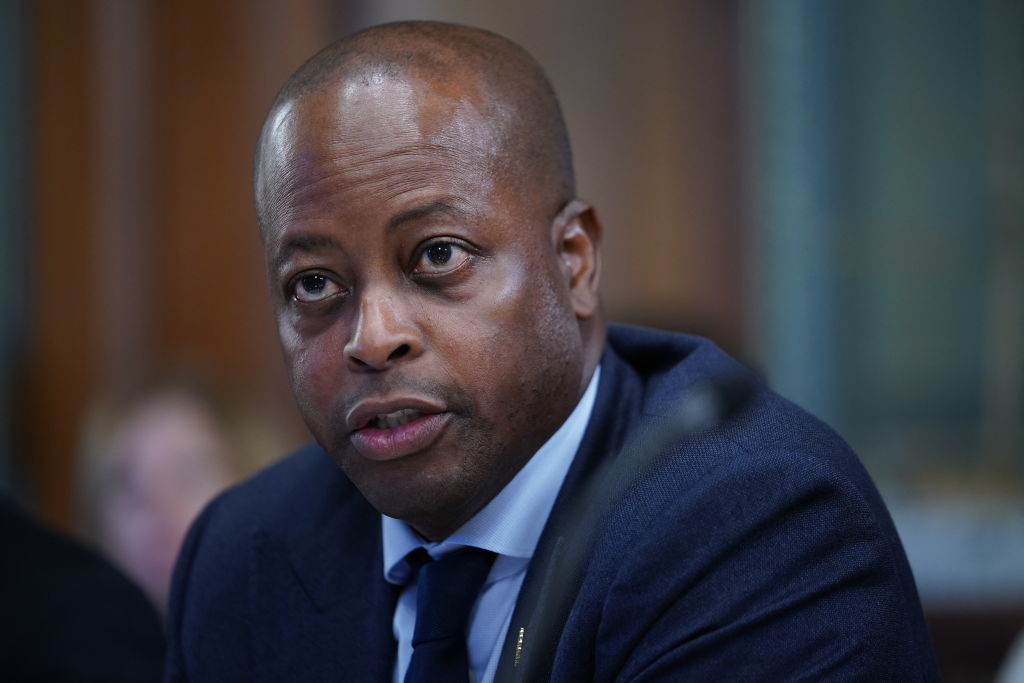
“A lot of the issues on Howard’s campus start from the top-down communication,” she said. “I hope that he collaborates with students who have bright ideas instead of just using one channel of communication, which is via email.”
Junior Ssanyu Lukoma said she hopes Howard prioritizes a Black woman as the next president. “I think it’s necessary at this point in time because, since Howard’s founding, we haven’t had a woman leading the university…we just want the best president for the university.”
Lukoma also emphasized that student involvement and Board transparency are essential to finding a leader who is truly committed to Howard’s future. Her message to the trustees is blunt: Come see us.
“Something that’s genuinely missing is that Howard University’s administration and Board of Trustees don’t have enough connection with the student body,” she said. “In order to select a president that actually represents the university and is going to accurately and efficiently solve our problems, it’s going to take somebody who is selected on the basis of what the students actually want and need. The board isn’t gonna know what that is unless they meet us.”
For many, this moment is not just about a leadership change but about what it signals for the university’s future.
“Howard students are resilient. We’ve always had to fight for what we deserve,” Roach said. “Whoever the next president is, I just hope they remember that we are the reason Howard exists.”
Howard is a bellwether. It isn’t just any university; it’s the nation’s number one flagship HBCU. What happens here, especially a presidential resignation after less than three years, will be watched closely across higher ed and could foreshadow dynamics at other HBCUs facing similar pressures.
SEE ALSO:
What's Your Reaction?
 Like
0
Like
0
 Dislike
0
Dislike
0
 Love
0
Love
0
 Funny
0
Funny
0
 Angry
0
Angry
0
 Sad
0
Sad
0
 Wow
0
Wow
0




